Every high school student knows the pain (or joy) of learning Shakespeare. Whether it’s Romeo and Juliet, Macbeth or Henry V, these plays have been taught in classrooms for generations. But why we spend so much time analysing and writing essays about works that were written centuries ago? Why do we dedicate hours to understanding texts that, let’s be honest, feel pretty disconnected from our everyday lives?
Not only is Shakespeare old, but it’s outdated. We waste time in studying these works that don’t apply in this day and age. We live in a world where social media, trends and current events shape our day to day lives. Wouldn’t we be better off studying articles and narratives that address real world problems that we face often? Shakespeare doesn’t help to give students knowledge on issues in society, such as climate change, politics and the dangers of the internet. The weeks spent on Shakespeare could instead be used to shape the minds that are our future.
Another issue with Shakespeare is the actual writing of it. Half the time reading Shakespeare feels like trying to understand a foreign language, it’s like it has to be dumbed down just for us to get a grasp on what is going on. We study quotes and passages that don’t even make sense when you read them, because that’s not how we talk today. If you’ve ever had to Google a line from Macbeth just to figure out what’s going on, you’re not the only one. We shouldn’t be studying what’s essentially a whole different English to the one we use. We are required to watch plays where the dialogue is incomprehensible and often needs to be decoded and translated for us.
Thirdly, the fact that Shakespeare is mostly subjective. Within its writings, some students and teachers might find techniques, themes and deeps meanings, but to others there might be a different opinion, or it might even feel like people are just making it up. And it isn’t as though Shakespeare can tell us exactly what he meant or wanted to convey, so instead we have to guess and possibly stretch for interpretations that were likely not intended in the first place.
And finally, the cultural differences between now and when Shakespeare lived in the 1500’s are immense. Back then the world was ruled by older, English men. The world was full of racism and misogyny, a state (I’d like to think) we somewhat evolved from. In fact, every role in Shakespeare’s plays were acted by men, women were not allowed. Furthermore, there was not a single character or actor from the time of cultural diversity.
So the question is: Is Shakespeare truly ready to be retired? Could we be learning about more topics more relevant, meaningful and practical? Are we wasting lessons on learning about a man that’s way past his time. Or is the Bard truly timeless, should he live on forever through his stories? That’s up to you to decide.






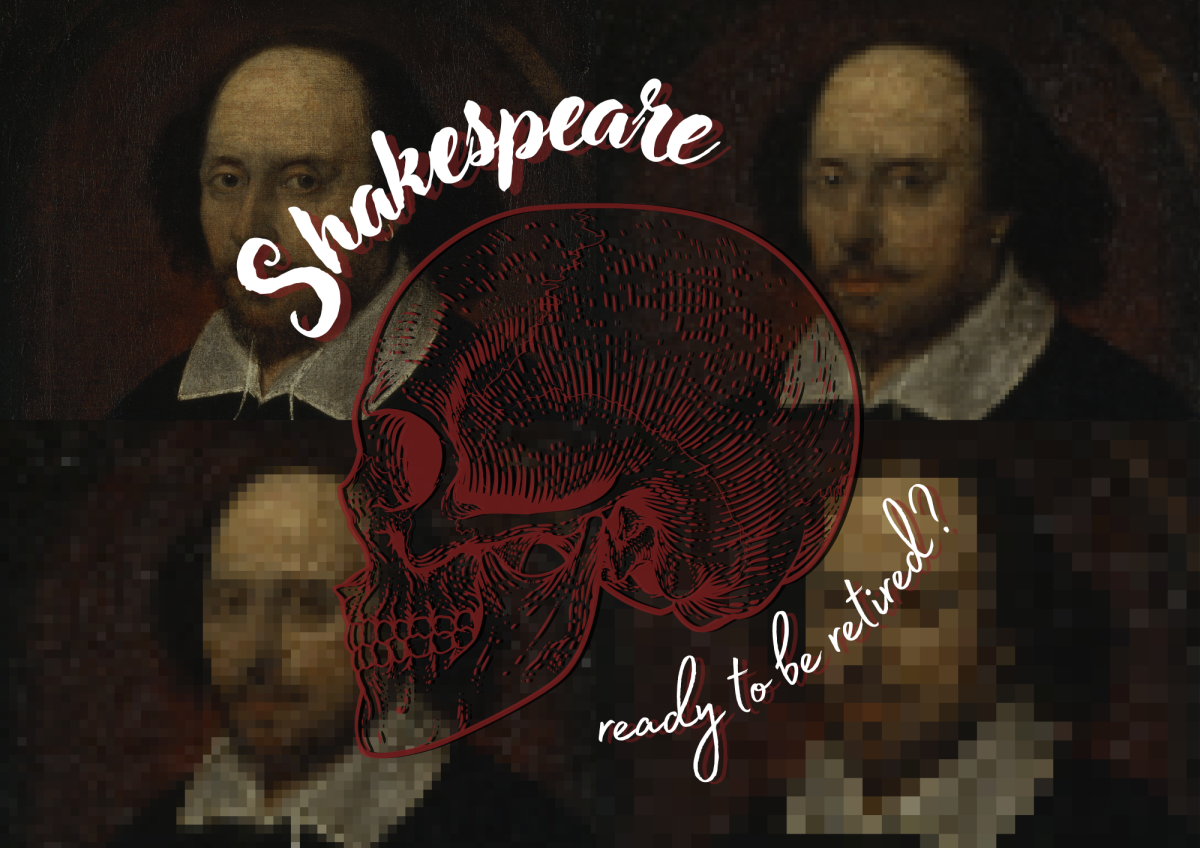

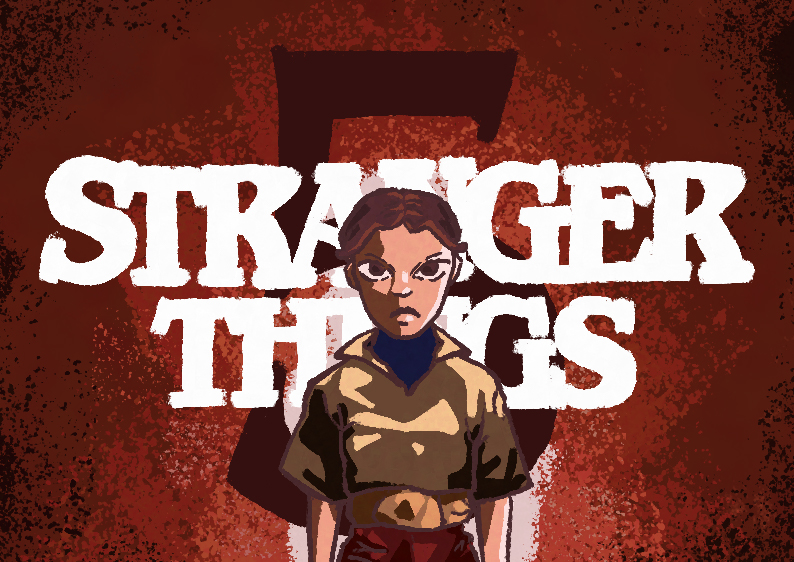

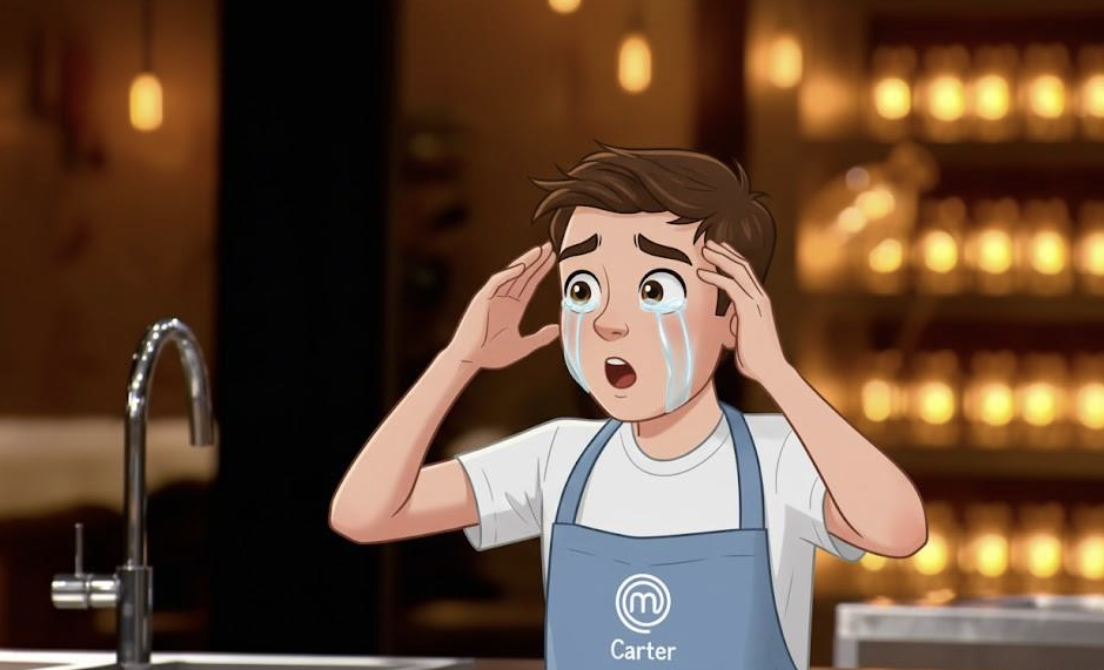



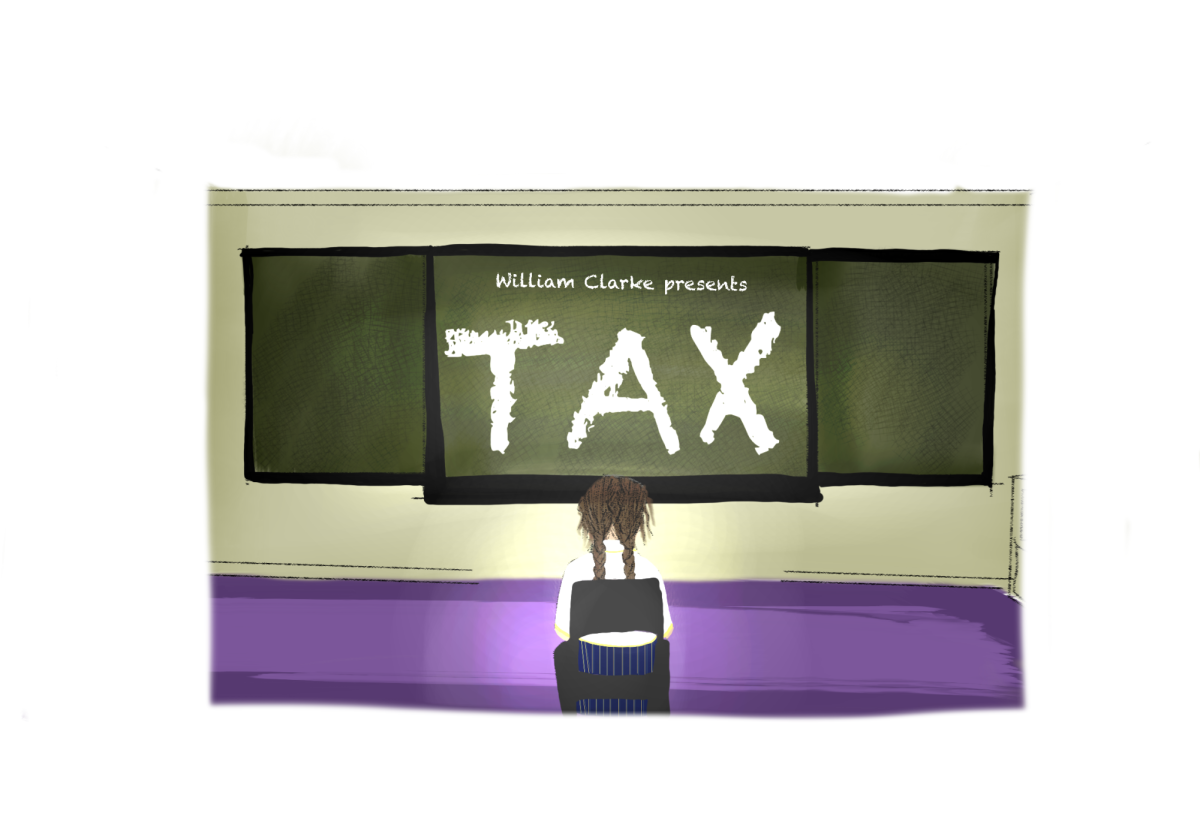
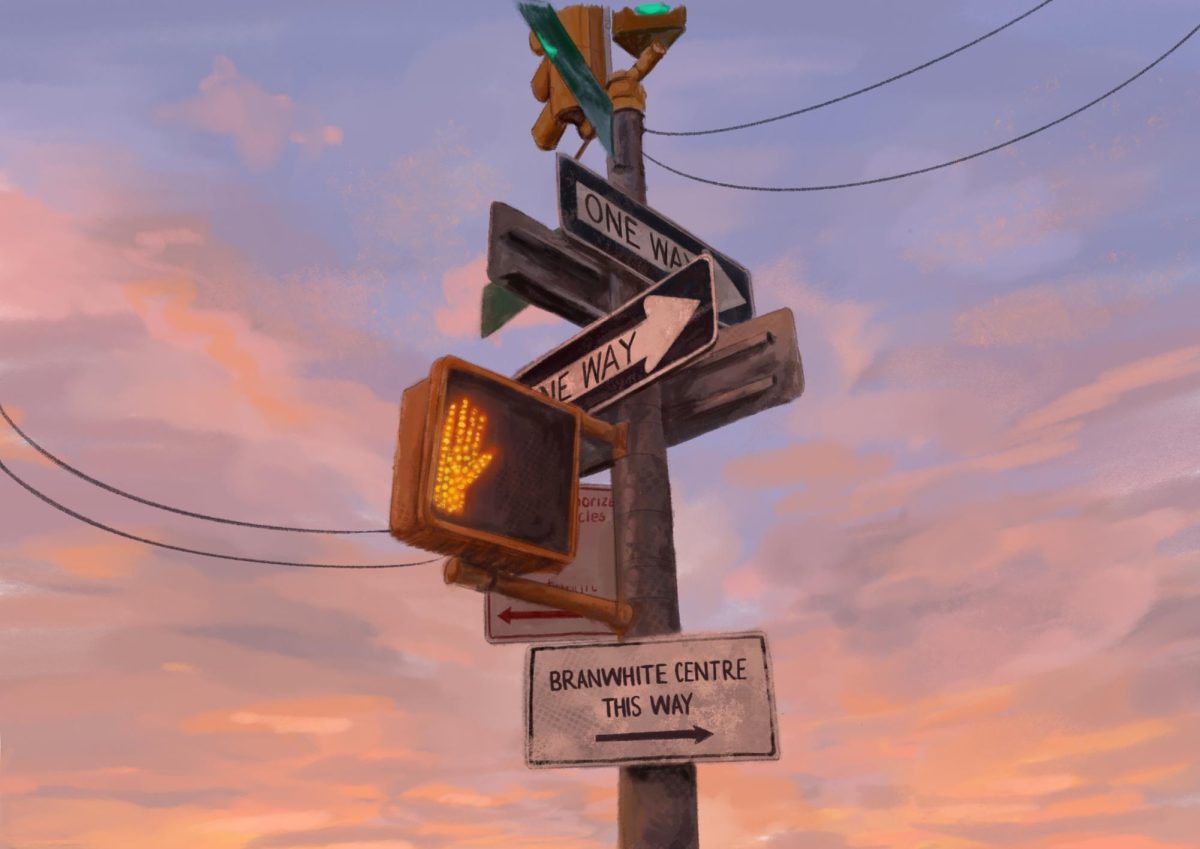

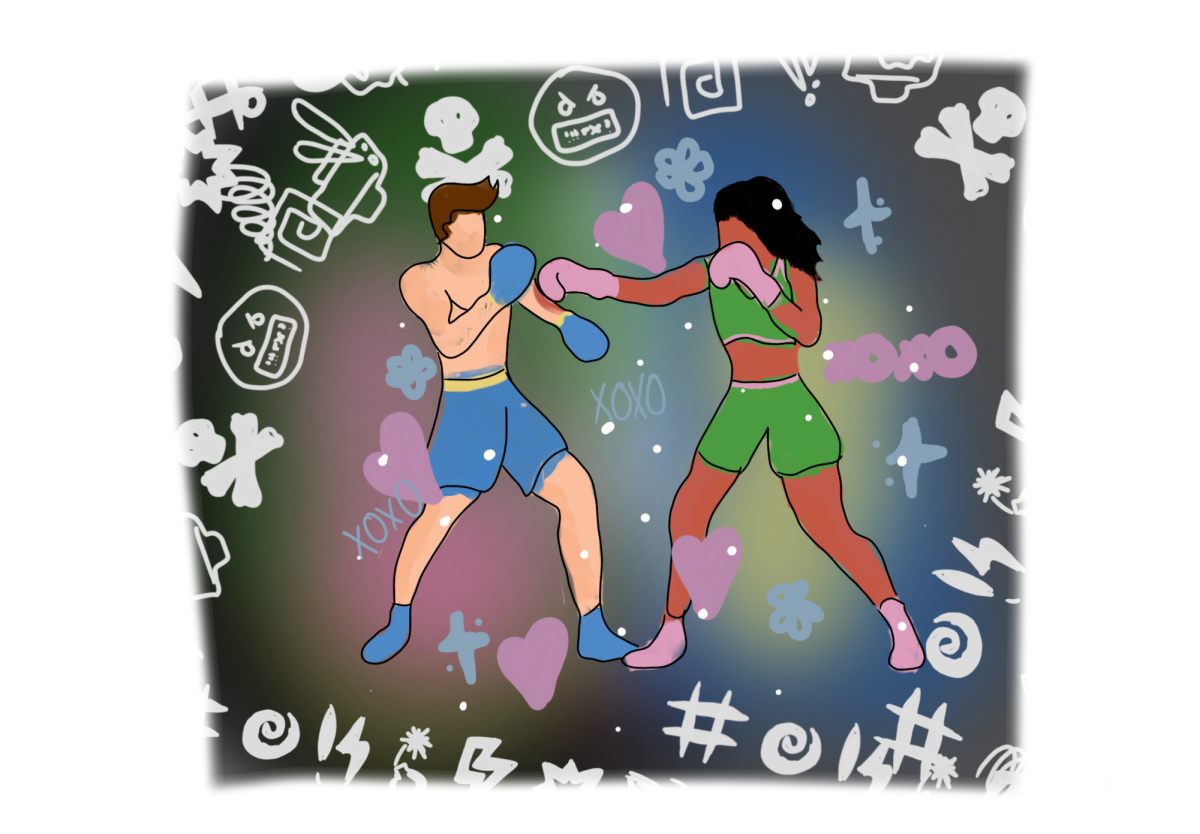
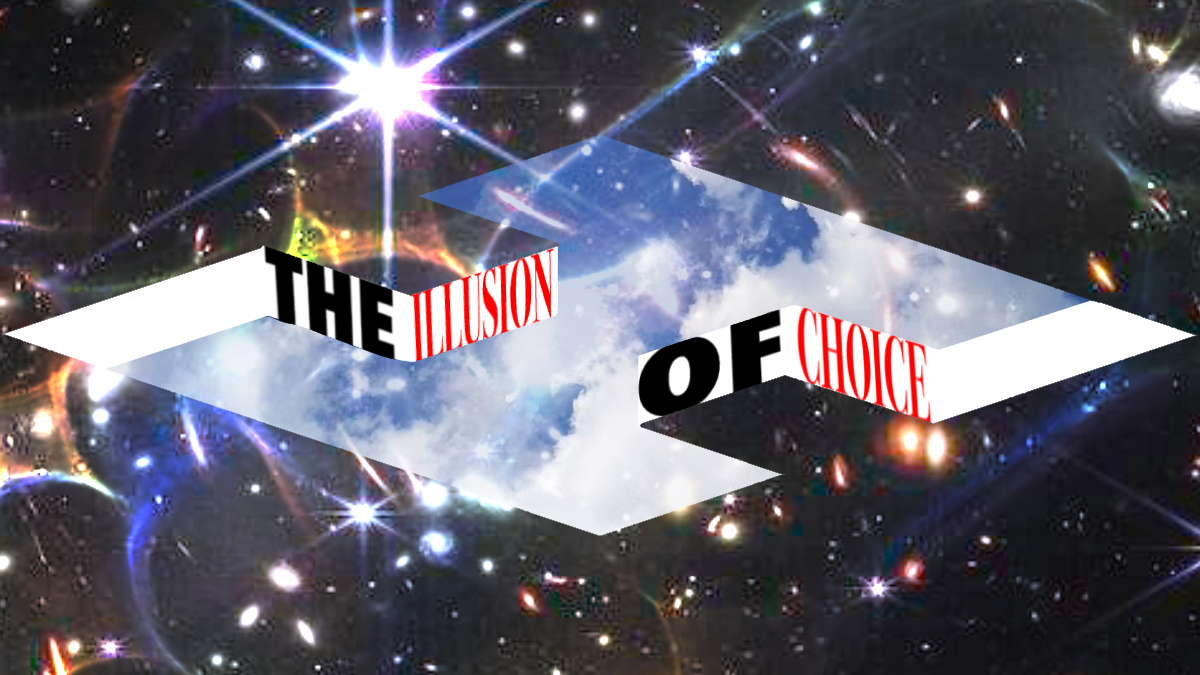
Rebecca • Mar 17, 2025 at 4:05 pm
Some points to consider (with quotes from Shakespeare):
• In a time where the gap between generations grows wider, I wonder if it is not important to keep some ‘traditional’ texts like Shakespeare as a connection between generations. After all, Shakespeare wrote of human conditions that are just the same today as they were hundreds of years ago. “O, beware, my lord, of jealousy; It is the green-eyed monster which doth mock the meat it feeds on”.
• Your article states “Shakespeare doesn’t help to give students knowledge on issues in society”. I disagree; I believe Shakespeare can offer much advice on issues today – too many to quote. Consider problems surrounding political power such as greed and war; “O! it is excellent to have a giant’s strength, but it is tyrannous to use it like a giant.”
• I have to chuckle a little at the third paragraph, one could argue the exact same for the language of some teenagers today – “idk, you guy…like, lol, anyway bruh…like”, you get the idea. I say stick with a little Shakespeare, and I am sure we can reach some quality English, somewhere in the middle of the two. “But, for mine own part, it was Greek to me.”
• Differences in opinions, themes and deep meanings, stretching for interpretations – not bad things to get stuck into. Anyone heading into law or politics will need skills in these areas, no matter what century they are in. “To be, or not to be, that is the question”.
• Yes, the world we live in today is different, ruled differently, more multicultural, more diverse, more tolerant. If we are to move forward and not repeat some of the evils of history, it may be wise to remember what they were and not dismiss them from our knowledge altogether. Shakespeare did not just write about the human heart in funny stories, he did so with historical drama – studying his works force us to study that period of history; “Beware the Ides of March”.
• Well, at the end of a mostly negative view of the Bard, you have left it to me to decide. So, I say we have much to learn from the writings of Shakespeare – let’s not throw it all away just because it takes time and effort to interpret and understand, remember “No legacy is so rich as honesty”.
james k • Mar 7, 2025 at 12:46 pm
yes